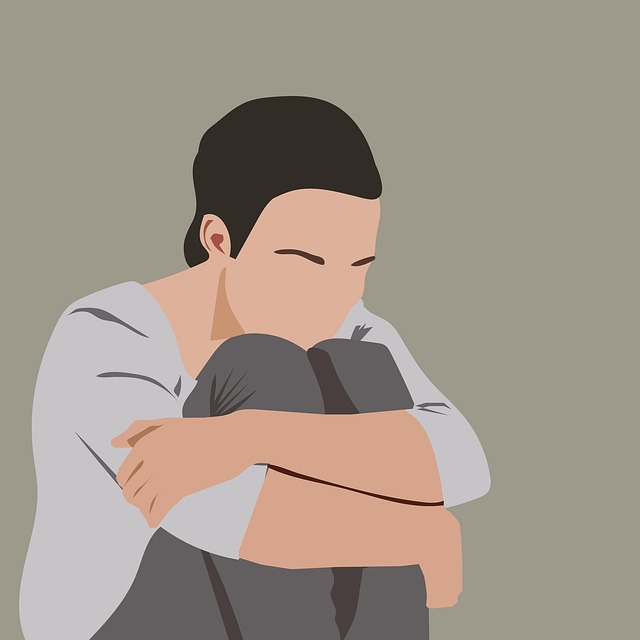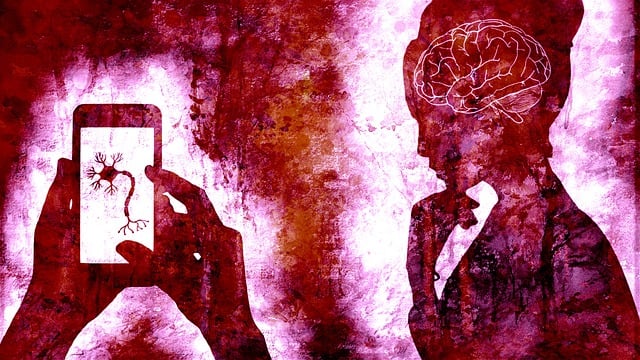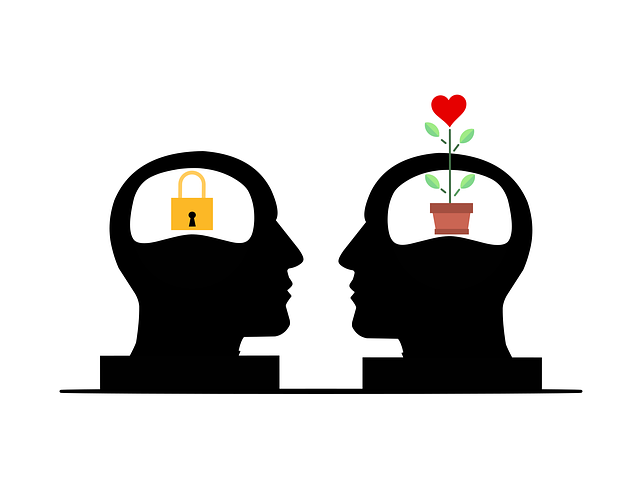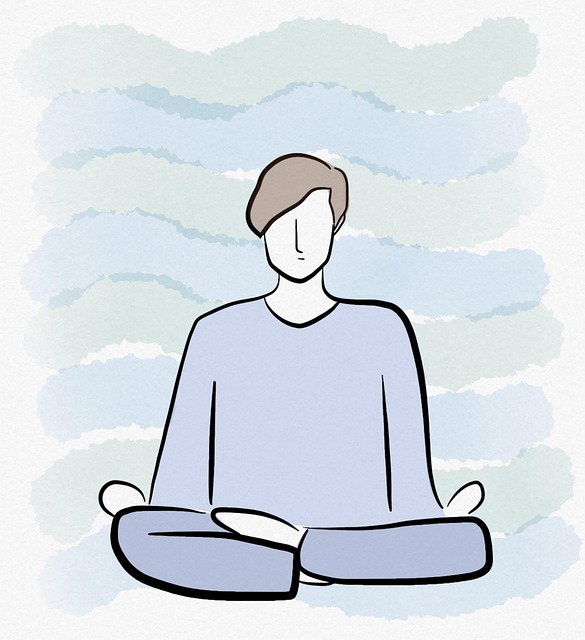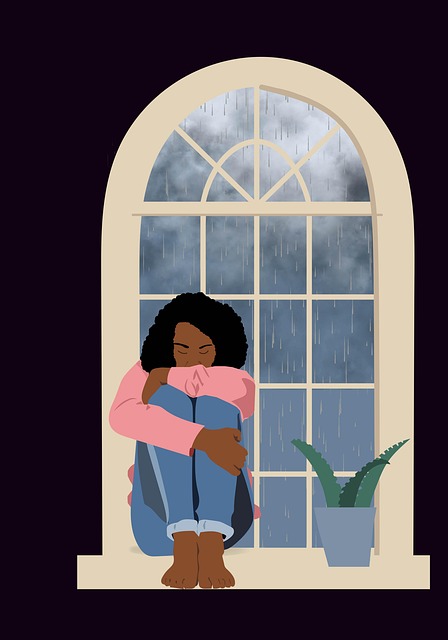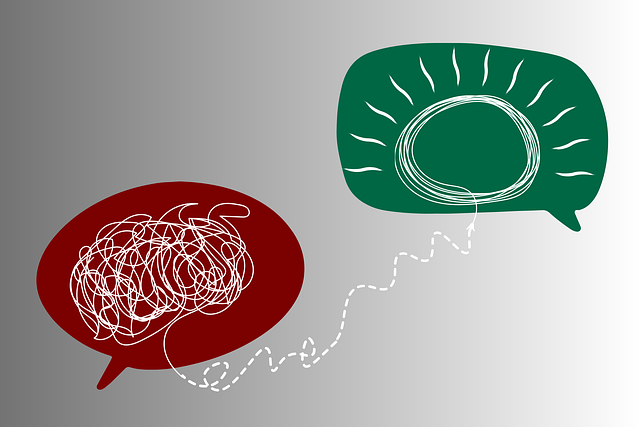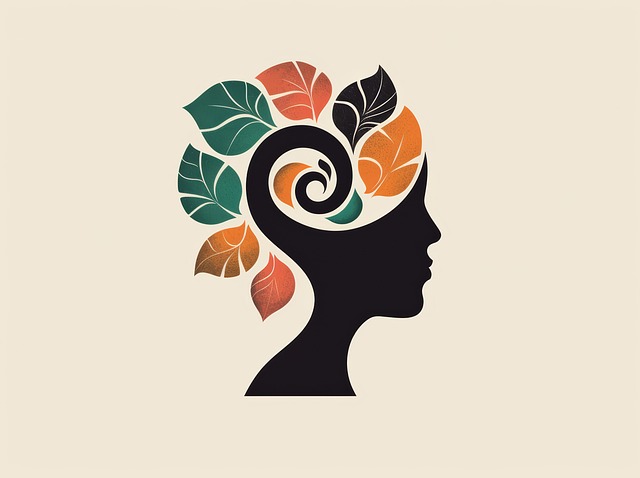Lone Tree Young Adults Therapy places paramount importance on cultural sensitivity in mental healthcare. They understand that cultural backgrounds significantly impact an individual's mental health and well-being, so they tailor their therapeutic approaches to respect diverse beliefs, values, and norms. By acknowledging the value of familial involvement or individualistic approaches in different cultures, the therapy center creates a safe, welcoming environment that promotes better engagement and positive outcomes for clients from varied cultural backgrounds. Despite challenges like 504 disruptions, they leverage resources to maintain accessible services, ensuring continuous, culturally affirming care for young adults.
In a diverse society, cultural sensitivity is paramount in mental healthcare. This is especially crucial for practices serving young adults, like Lone Tree Young Adults Therapy. Effective treatment requires understanding clients’ unique cultural backgrounds and beliefs. By integrating culturally responsive care, therapists can create safe spaces, improve therapy outcomes, and foster stronger connections. This article explores strategies to enhance cultural sensitivity, ensuring inclusive and compassionate mental health services.

In providing mental healthcare, especially for young adults like those served by Lone Tree Young Adults Therapy, cultural sensitivity is paramount. It involves understanding and respecting the diverse backgrounds, beliefs, and values that shape an individual’s experience of mental health and well-being. This includes being aware of unspoken cultural norms, traditional healing practices, and the potential impact of systemic biases on a person’s journey towards recovery. For instance, some cultures may prioritize familial involvement in therapy, while others value individualistic approaches. Recognizing and incorporating these differences can create a safer and more welcoming environment, fostering better engagement and outcomes for clients from various cultural backgrounds.
Cultural sensitivity also extends to the therapist’s self-awareness. It requires continuous learning about different cultural contexts to avoid stereotyping or misinterpreting client experiences. By doing so, therapists at Lone Tree Young Adults Therapy can adapt their practices to meet the unique needs of each individual, ensuring that care is not only effective but also culturally affirming and empowering.
API responded with status code 504.

In today’s diverse and interconnected world, cultural sensitivity in mental healthcare is paramount to ensuring effective treatment for all individuals. At Lone Tree Young Adults Therapy, we recognize that cultural backgrounds play a significant role in shaping one’s experiences and perceptions of mental health. Integrating cultural competency into our practice involves understanding the unique needs and beliefs of each client, adapting therapeutic approaches accordingly, and fostering an inclusive environment. This personalized approach respects the diversity of our community and enhances the effectiveness of our services.
API responses, such as those with status code 504, can sometimes disrupt mental healthcare delivery, particularly when dealing with cultural sensitivities. However, these challenges present opportunities for growth and improvement. Lone Tree Young Adults Therapy is committed to navigating these technical hurdles while maintaining a focus on patient care. By leveraging resources and technologies that support cultural sensitivity, we strive to overcome API-related issues, ensuring our therapy services remain accessible and tailored to the diverse needs of young adults from all backgrounds.
Cultural sensitivity is paramount in mental healthcare, especially when catering to diverse communities like those served by Lone Tree Young Adults Therapy. By embracing and understanding various cultural contexts, therapists can create inclusive environments that foster trust and effective treatment outcomes. This approach ensures that every young adult receives personalized care that respects their unique backgrounds, ultimately enhancing the overall wellness of our society.
